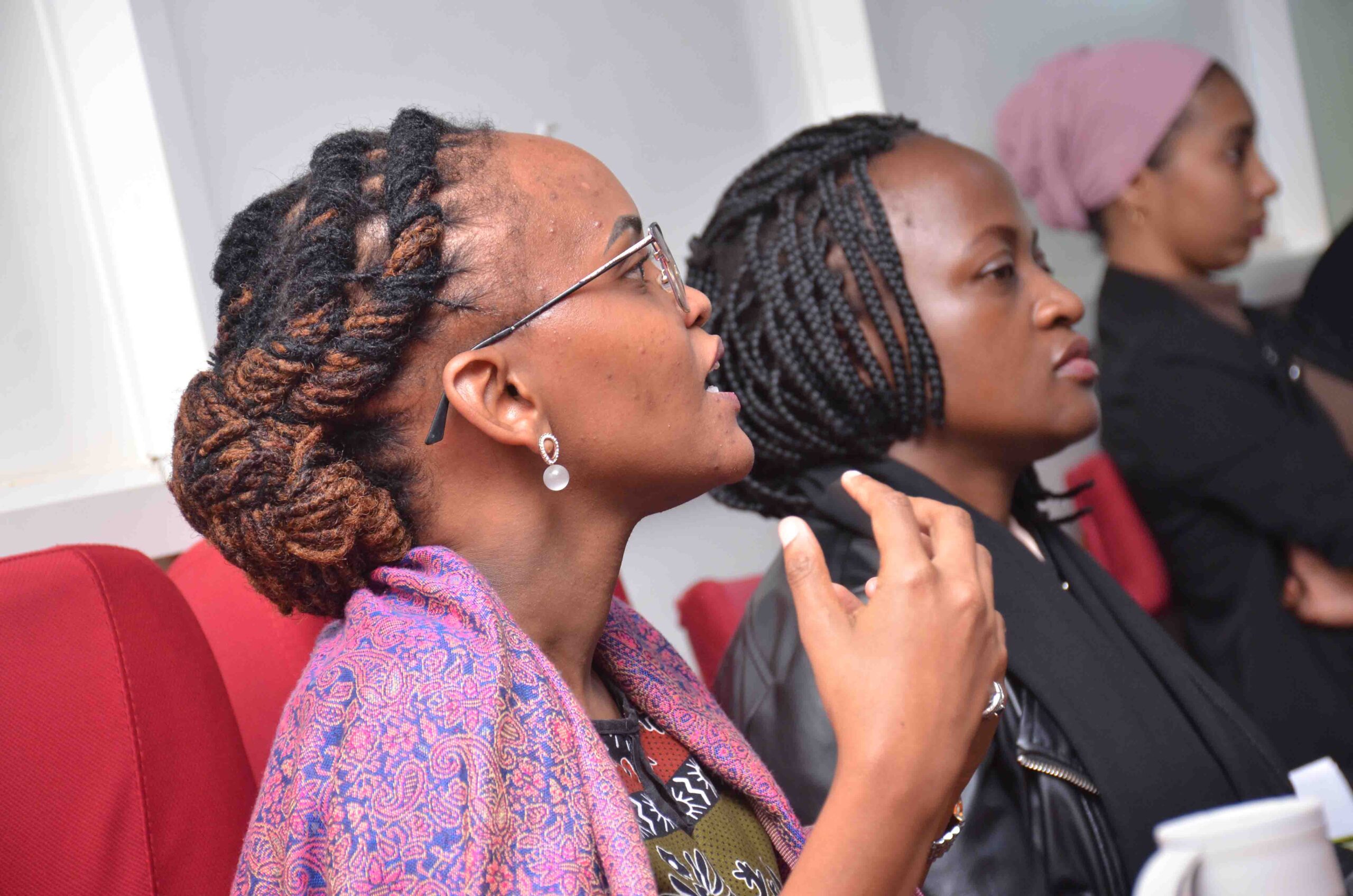Building Confidence and Assertiveness in Women Leaders
Angela Nantaba, efiugCBI pool member 2022
Introduction
Confidence and assertiveness are vital qualities for any leader, especially for women in Uganda, where cultural and societal expectations can often undermine self-assurance. This toolkit provides practical steps to help you build and sustain these crucial traits, empowering you to lead with conviction and clarity.
Understanding Confidence and Assertiveness
Confidence is about believing in your abilities and worth, while assertiveness involves expressing your thoughts, feelings, and needs in a direct, honest, and respectful way. Both are key to effective leadership.
Step-by-Step Guide
- Identify Your Strengths
- Start by listing your skills, talents, and achievements. Reflect on moments when you succeeded or made a positive impact.
- Exercise: Write down five things you’re proud of and why. Keep this list where you can see it daily as a reminder of your capabilities.
- Challenge Negative Thoughts
- It’s common to experience self-doubt, but don’t let it control you. When negative thoughts arise, challenge them with evidence of your past successes.
- Exercise: For each negative thought, write down a counterpoint that reflects your strengths or achievements.
- Practice Assertive Communication
- Assertiveness isn’t about being aggressive; it’s about being clear and respectful. Practice using “I” statements, such as “I feel…” or “I need…,” to express yourself without blaming others.
- Example: Instead of saying, “You never listen to me,” try, “I feel unheard when my ideas are not acknowledged.”
- Set Personal Boundaries
- Understand your limits and communicate them to others. Whether it’s about time, workload, or personal space, setting boundaries is crucial for maintaining respect and avoiding burnout.
- Exercise: Identify one area where you need to set a boundary and practice asserting it in a conversation.
- Engage in Public Speaking
- Public speaking is a powerful way to build confidence. Start small by speaking up in meetings or community gatherings. Over time, aim to lead discussions or give presentations.
- Tip: Prepare thoroughly and practice in front of a mirror or with a trusted friend to build confidence.
- Seek Feedback and Reflect
- Regularly ask for constructive feedback from mentors, colleagues, or peers. Use this feedback to improve and grow.
- Exercise: After receiving feedback, reflect on it and identify one area for improvement and one area where you excel.
Conclusion
Building confidence and assertiveness is a journey, not a destination. With consistent practice and self-reflection, you can strengthen these qualities, making you a more effective and respected leader in your community and beyond.



